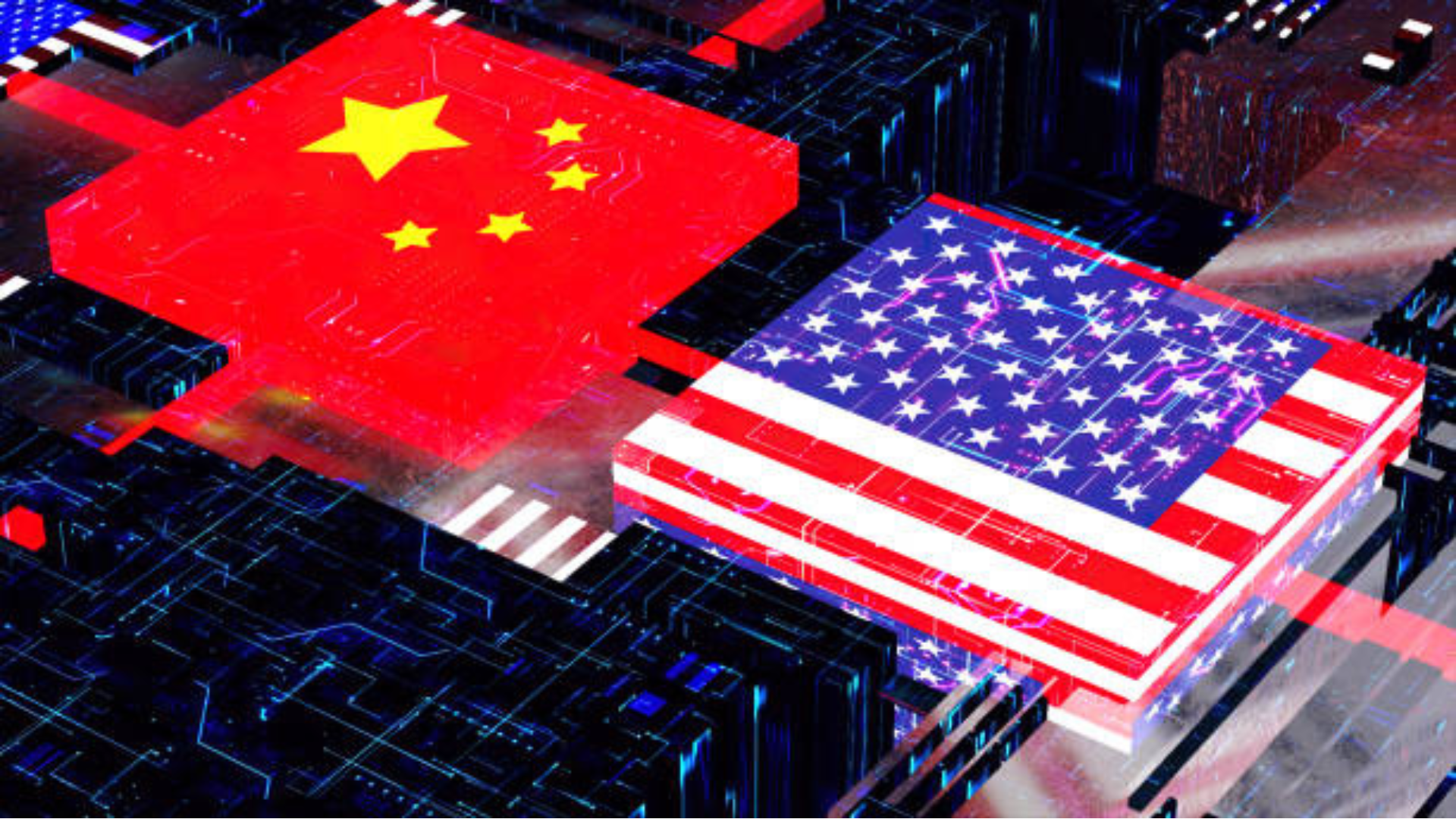
President-elect Donald Trump is expected to uphold the Biden administration’s CHIPS and Science Act, a landmark policy designed to boost U.S. semiconductor production, despite criticism voiced during his campaign, according to industry experts.
The CHIPS Act, which offers substantial incentives for chipmakers to establish manufacturing facilities within the United States, became a hot-button issue as the election cycle concluded. Trump openly criticized the bill’s cost, labeling it a “bad deal” in an interview with podcaster Joe Rogan, arguing that the government’s investment was overly generous to wealthy corporations. Trump proposed instead that increasing tariffs would attract chip companies without direct incentives.
House Speaker Mike Johnson echoed Trump’s stance by suggesting a potential repeal of the act, though he later retracted this statement. However, experts now believe the CHIPS Act will largely remain intact under Trump, with only minor adjustments expected. Paul Triolo, a senior vice president at Albright Stonebridge, shared on CNBC’s Squawk Box Asia that the former president is unlikely to dismantle the bill. “There’s support for this kind of onshoring of advanced manufacturing,” Triolo said, reflecting a bipartisan desire to strengthen U.S. semiconductor capabilities.
The CHIPS and Science Act, signed into law in August 2022, allocates nearly $53 billion to foster domestic semiconductor production and research. The legislation’s goal is to enhance U.S. competitiveness with China, particularly in high-tech industries. Since its enactment, the bill has attracted significant investments from Asian chipmakers such as Taiwan Semiconductor Manufacturing Company (TSMC) and Samsung, which have been offered $6.6 billion and $6.4 billion, respectively, to establish U.S.-based manufacturing operations. Intel, the largest American beneficiary, has received $8.5 billion under the program.
Although Trump has voiced dissatisfaction with the legislation, experts believe he is more likely to reallocate funds within the program rather than eliminate it. Adam Posen, president of the Peterson Institute for International Economics, noted that Trump’s approach could involve redistributing resources in a manner different from the Biden administration’s priorities. “They can spread the money a little differently than Biden, but I don’t think they’re going to roll it back,” Posen remarked on Squawk Box Asia. Posen also indicated that Trump’s administration might expand tariffs, aligning with a strategy focused more heavily on trade measures than on industrial policy alone.
The rollout of the CHIPS Act funding has progressed gradually, with a significant portion of the budget still to be allocated. As it stands, the legislation’s impact on global semiconductor production has been substantial, drawing top-tier Asian firms to establish operations in the U.S., while bolstering the position of domestic manufacturers.
Featured image courtesy of iStock
Follow us for more updates on CHIPS and Science Act.
